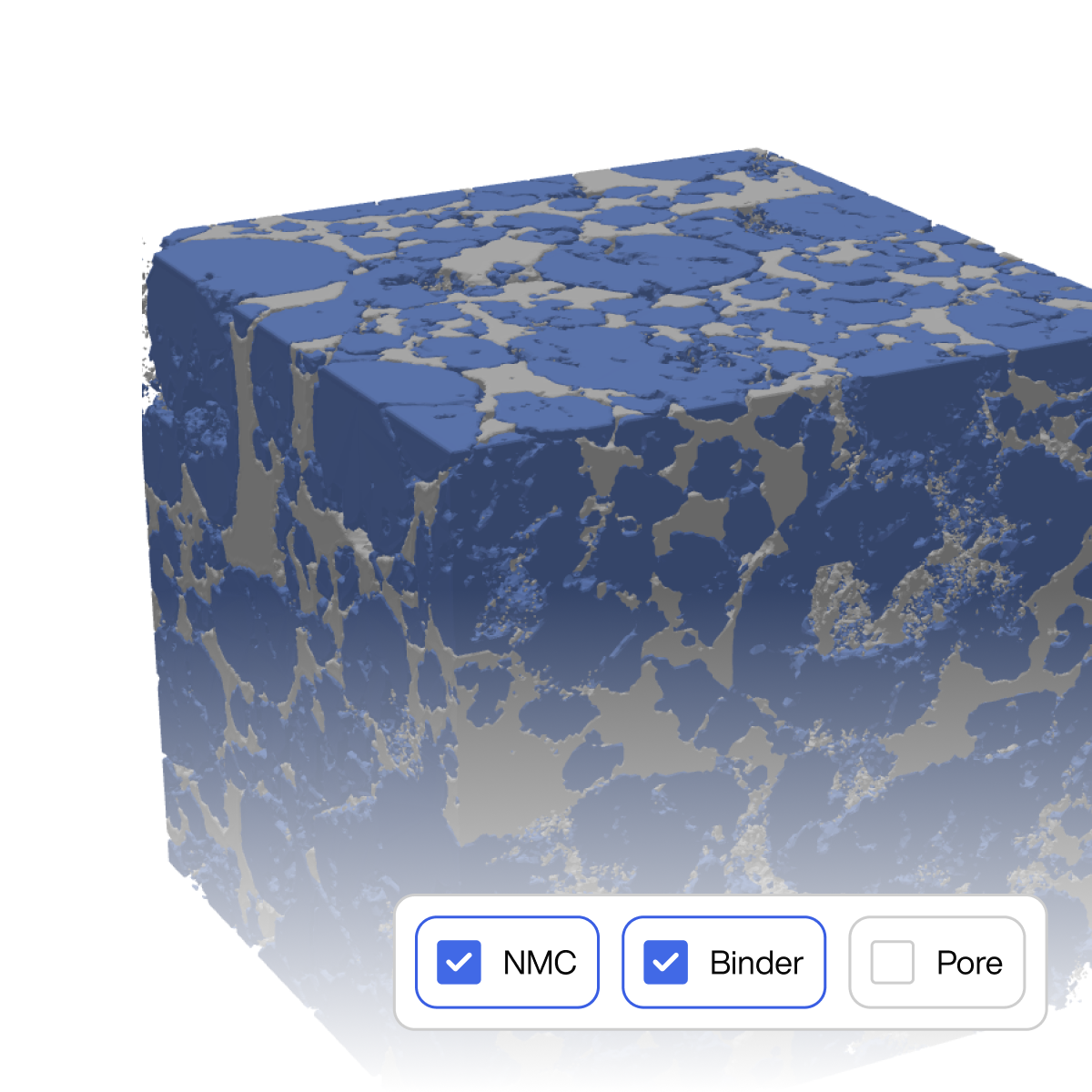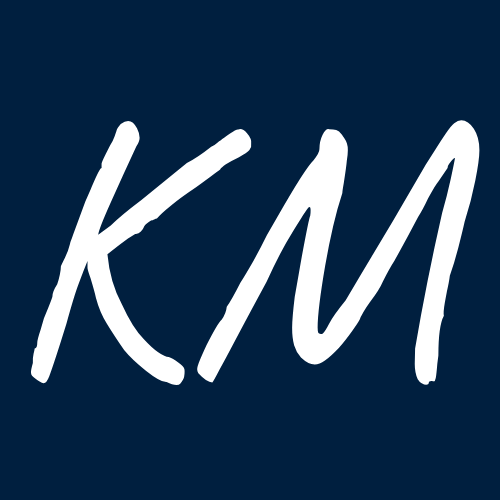TCL #23: Manchester Prize Winner, €20M for Green Methanol, BASF’s 54MW Hydrogen Bet
Also, FDA’s New Cancer Imaging Approval, $710M Oncology Licensing Deal and more.
Materials

- Polaron has won the inaugural £1 million Manchester Prize. The Manchester Prize is a challenge prize aimed at British-led AI breakthroughs for the public good, launched by the Department for Science, Innovation and Technology. The company, an Imperial College London spin-out, was awarded the prize for its AI technology that accelerates the development of advanced materials, potentially reducing the time from years down to days. The technology improves battery energy density by over 10%, equating to an additional 20 miles of range for electric vehicles. The first Manchester Prize attracted nearly 300 submissions, with ten finalists awarded £100,000 (approximately 130,000) each for their projects. The finalist projects included AI applications for renewable energy, water management, and infrastructure maintenance.
- Resilco, a CleanTech startup based in Bergamo, Italy, has secured €5 million (around $5.4 million) in Series A funding. Resilco focuses on transforming industrial waste into secondary raw materials for the construction sector, with CO2 storage. The funding will facilitate the establishment of a significant industrial facility aimed at reducing emissions.
- Seloxium, a University of Oxford spin-out company, has raised £6 million (~ $7.8 million) in a seed round to advance its metal purification technology. The investment was co-led by Oxford Science Enterprises and MKS PAMP. Seloxium's technology allows for the extraction of critical metals from industrial waste, including platinum-group metals and rare earth elements. Seloxium operates from an R&D base at the University of Oxford and a commercial facility in Teesside, designed for scaling operations.
Battery
AM Batteries has partnered with TDK Corporation to enhance energy-efficient battery manufacturing in the U.S. The collaboration aims to improve sustainability and scalability in battery production while accelerating the development of solid-state batteries. AM Batteries utilizes proprietary dry coating technology, eliminating solvents and reducing energy consumption by 75%. The partnership is expected to lower capital expenditures in battery electrode manufacturing by 30%.
Green Methanol
C1 Green Chemicals AG has secured €20 million (approximately $21.7 million) in funding to advance its green methanol technology and decarbonize the chemical industry. The funding will be used to construct a demonstration plant for homogeneously catalyzed methanol. The move is framed as a step towards future-proofing Europe in the context of sustainability and energy transition.
Hydrogen Production
- ABB and Charbone Hydrogen have signed an agreement to advance green hydrogen production facilities in North America. Charbone Hydrogen Corporation, based in Montreal, is an integrated green hydrogen production company. ABB will be the preferred supplier for modular electrical substations, enhancing energy efficiency and reliability for Charbone's projects. The collaboration aims to support the Québec government's 2030 energy roadmap, targeting a reduction of 1 billion litres of petroleum products annually.
- BASF has commissioned a 54 MW water electrolyzer at its Ludwigshafen site. It is designed to produced zero-carbon hydrogen and has an annual capacity to produce up to 8,000 metric tons of hydrogen. It is the largest proton exchange membrane (PEM) electrolyzer in Germany, designed to integrate directly into a chemical production environment. BASF's investment in the electrolyzer project is approximately €25 million (~$27 million). The electrolyzer is expected to reduce greenhouse gas emissions at BASF's main plant by up to 72,000 metric tons annually.
Agriculture
Agmatix and BASF have partnered to create a digital tool for detecting and predicting Soybean Cyst Nematode (SCN) infestations. Agmatix is a Missouri-based agroinformatics company that provides data-driven solutions for the agriculture industry. This move aims to assist soybean growers with real-time insights to reduce yield losses caused by SCN, a significant pest in soybean farming. Agmatix will contribute its AI-powered agronomic platform, called Axiom, to refine raw agronomic data into structured datasets, optimize crop production, and provide predictive insights, while BASF will contribute its expertise in seed and crop protection solutions through its AgroStart initiative.
Medical Devices
Advanced Instruments has reached a definitive agreement to acquire Nova Biomedical from its founding shareholders for an enterprise value of $2.2 billion. The acquisition is expected to close during Q3 of 2025. Following the closing of the transaction, Advanced Instruments and Nova Biomedical will merge, creating a global life science tools platform. The combined entity will leverage complementary product portfolios and enhance innovation capabilities in the biopharmaceutical and clinical markets.
Oncology
- Black Diamond Therapeutics and French drugmaker Servier entered into a global licensing agreement for BDTX-4933, a targeted oncology therapy. Under the agreement, Servier will develop and commercialize BDTX-4933, a small molecule designed by Black Diamond Therapeutics for solid tumors. BDTX-4933 is currently in Phase 1 development and aims to target RAS mutations and RAF alterations in solid tumours, including non-small cell lung cancer. Black Diamond Therapeutics will receive an upfront payment of $70 million, with potential milestone payments totalling up to $710 million, plus royalties based on global net sales.
- The U.S. FDA has approved Gozellix (TLX007-CDx), a new imaging agent for prostate cancer developed by Telix Pharmaceuticals. Gozellix is a next-generation PSMA-PET imaging agent that utilizes gallium-68 for scanning PSMA-positive lesions in men with prostate cancer. The product features a longer shelf life of up to 6 hours and an extended distribution radium, improving access to imaging services.
Industry & Academia
Konica Minolta and the University of Toronto have extended their joint research agreement for five years, effective March 14, 2025. The collaboration aims to accelerate technology development in the AI-enhanced sensing field. The agreement emphasizes developing materials to reduce environmental impact and achieve unmanned manufacturing operations using AI.

